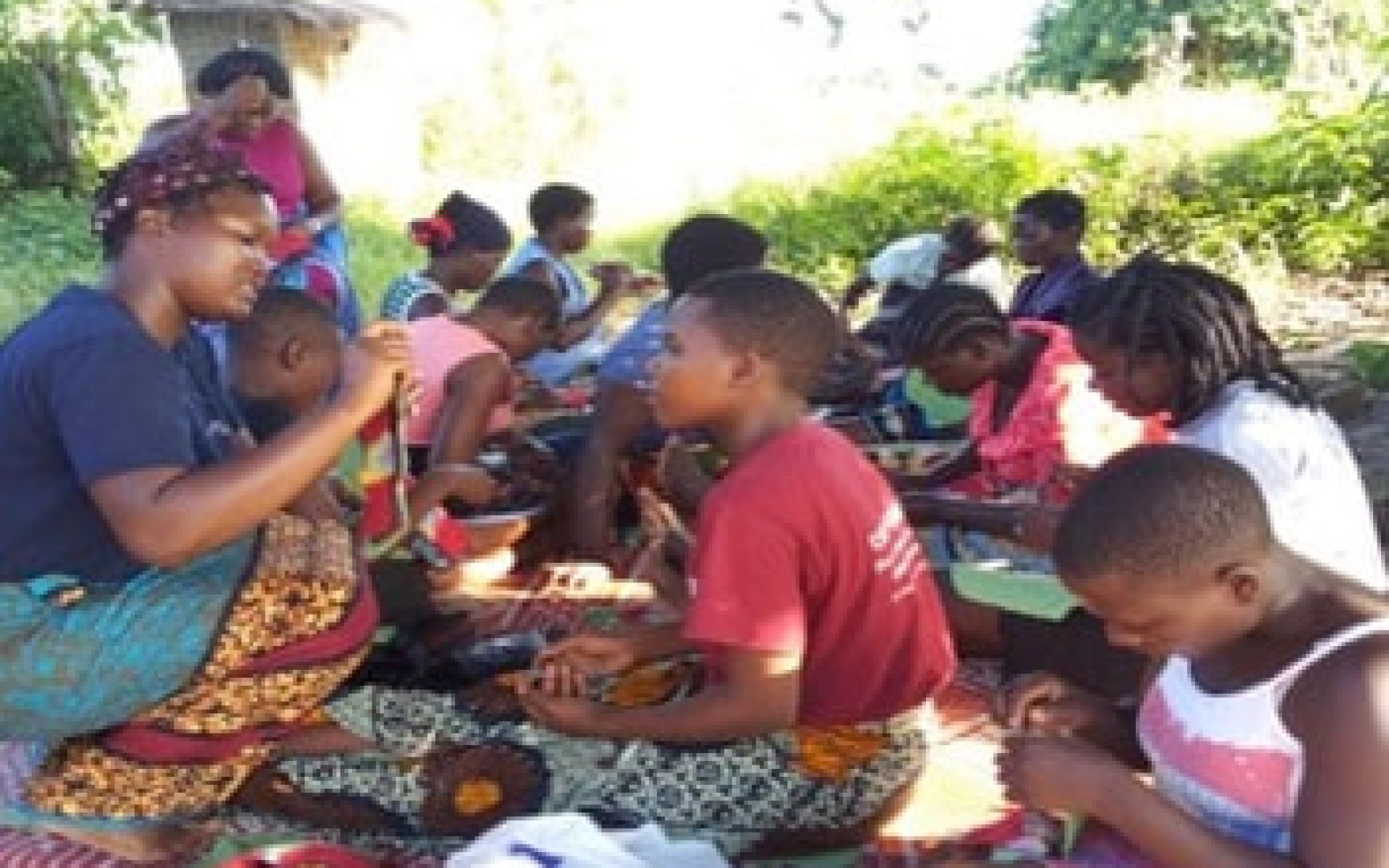Written by CorpsAfrica/Malawi Volunteer Ms. Angella Chizimba
According to WHO/UNICEF (2012), period poverty refers to a lack of access to sanitary products due to financial constraints. Period poverty accordingly is a global issue affecting women and girls who do not have access to safe, hygienic sanitary products. According to unesco.org, in some cases women and girls have limited access, leading to prolonged use of the same pad, or improvising by using socks or T-shirts. Prolonged use of the same pad may cause infections. Period poverty affects women and girls across the world. Access to safe and hygienic sanitary products is essential for anyone who menstruates and it helps one to manage menstruation without shame. As a CorpsAfrica Volunteer, I have joined the world to end period poverty by training women and girls in NkhataBay to make their own hand-sewn sanitary products.
Periods are rarely something we look forward to every month. Painful, tiring and inconvenient, they are challenging to cope with. However, for most women and girls around the world, it is not the side effects but the bleeding itself that is the problem, something many of us take for granted. Period poverty is an obstacle for far too many women and girls who cannot afford basic sanitary pads to tide them over for the month.
What do we do then? First of all, I am just a volunteer. I cannot distribute sanitary products to women and girls in my community. Teaching women and girls to make their own sanitary products is the option I have in order to help end period poverty. As a group, we can afford to purchase cheap absorbing materials and sew them by hand at no cost.
In addition to having health benefits, making cloth sanitary products, helps in protecting the environment. The amount of disposable pads that go into the land everyday harms the environment. These disposable pads take long time to decompose. In fighting period poverty, we also want to protect the environment.
Cloth pads are more eco-friendly and they have a high absorbent layer that can hold about 40ml of liquid. With the global effort to go to menstrual cups, these cloth pads work well with menstrual cups, just in case one might be afraid of a leak. Most importantly, they are very cost effective and very easy to make.
“Now I can easily run around and play netball at school without worrying about leaving a stain” (This was a girl’s feedback after using the more absorbent cloth pads.)
What I am trying to teach women and girls is that making cloth pads can be cheaper than struggling to buy Disposable pads on a monthly basis or using some old rugs. If we have to end period poverty, women and girls have to stand on their own by simply learning the skill. If they get the skill, they can make pads on their own and that knowledge will be passed on to their children.
No child should skip school during menstruation. No woman or girl should use the same pad for more than six hours. No woman or girl should experience Period Poverty.

